Our Advocacy Issues

CARE/Sarah Easter
Advocacy
Through the power of our voices, we urge U.S. leaders to take actions that foster strong and self-sufficient communities, promote lasting solutions to poverty, and save lives globally.
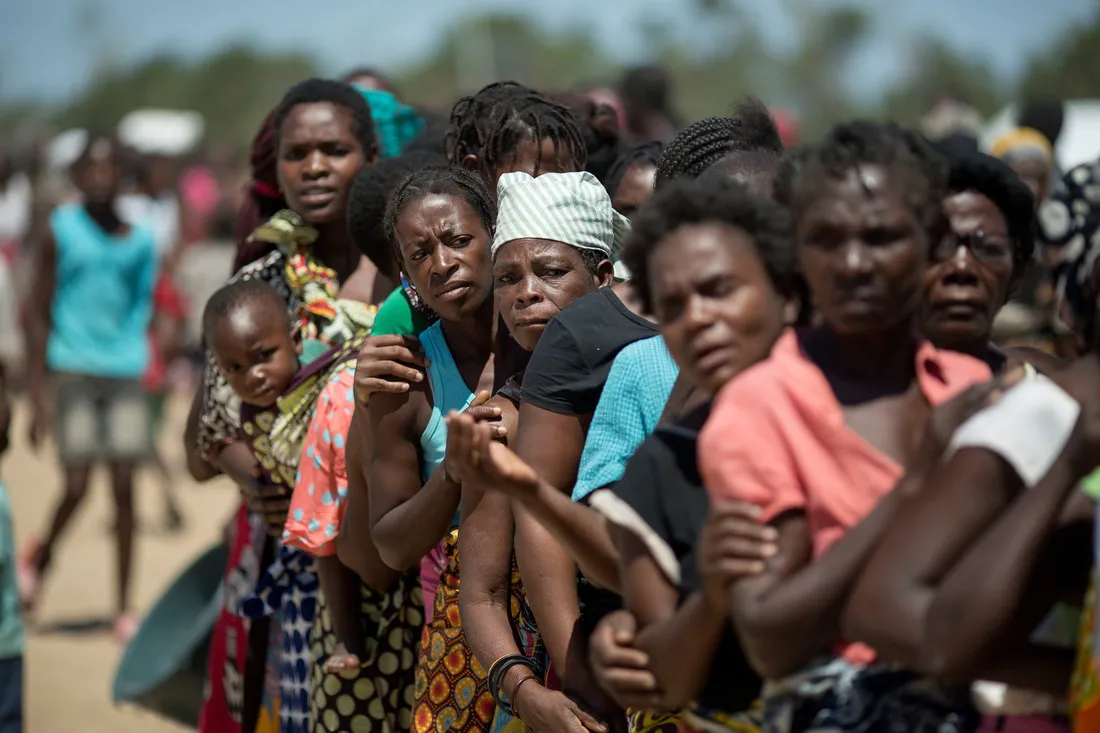
U.S. International Assistance
U.S. international assistance is less than 1% of the federal budget – just one penny of every tax dollar – and more than pays for itself with the safety and stability it brings to the world. Smart investments in this funding are in America’s best interest to protect as it promotes long-term global stability, boosts our own economy, and builds communities’ self-reliance, reducing the need for more aid in the future. By protecting this funding, U.S. leaders can help save lives and strengthen economies and security around the world and here in the U.S.
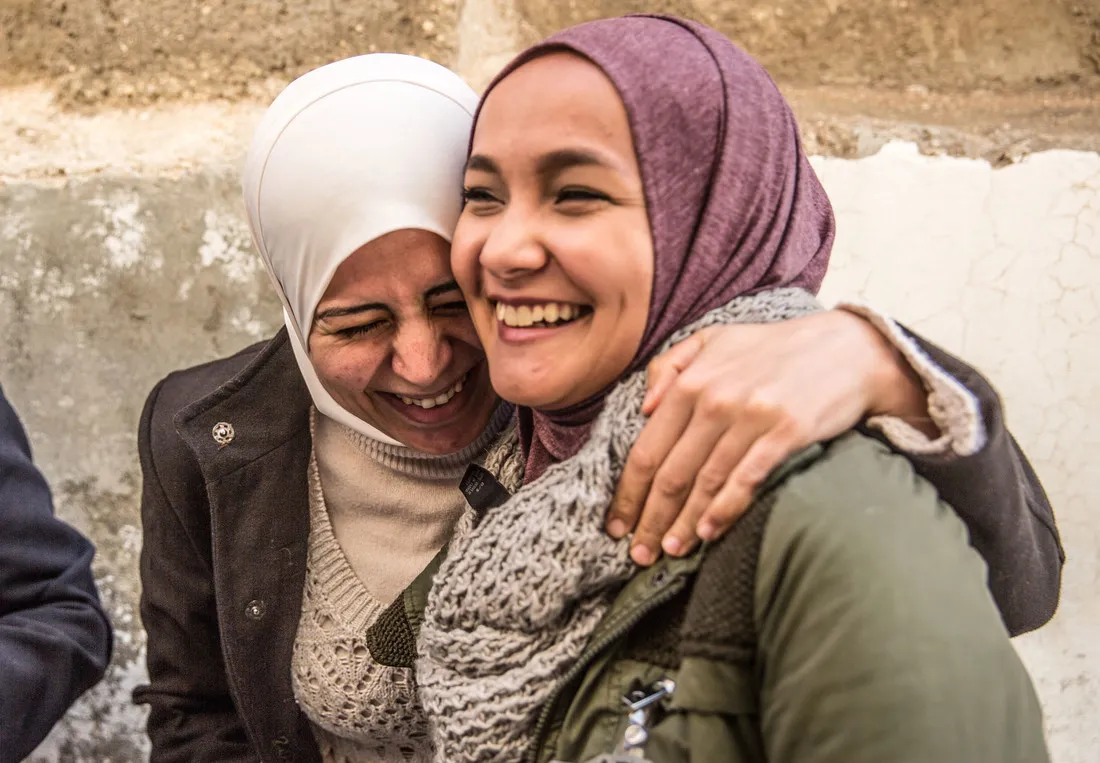
Women & Girls
In countries around the world, women and girls are denied basic education, safety, economic opportunity, property rights, and leadership roles. Yet, investing in women and girls has a multiplier effect that lifts entire families, communities, and countries — ensuring a brighter future for people around the world and here at home. That’s why CARE works to ensure women and girls have the tools and opportunities they need to build better futures for themselves and those around them, including strong U.S. international assistance that supports women’s economic growth and leadership and protects them from violence.
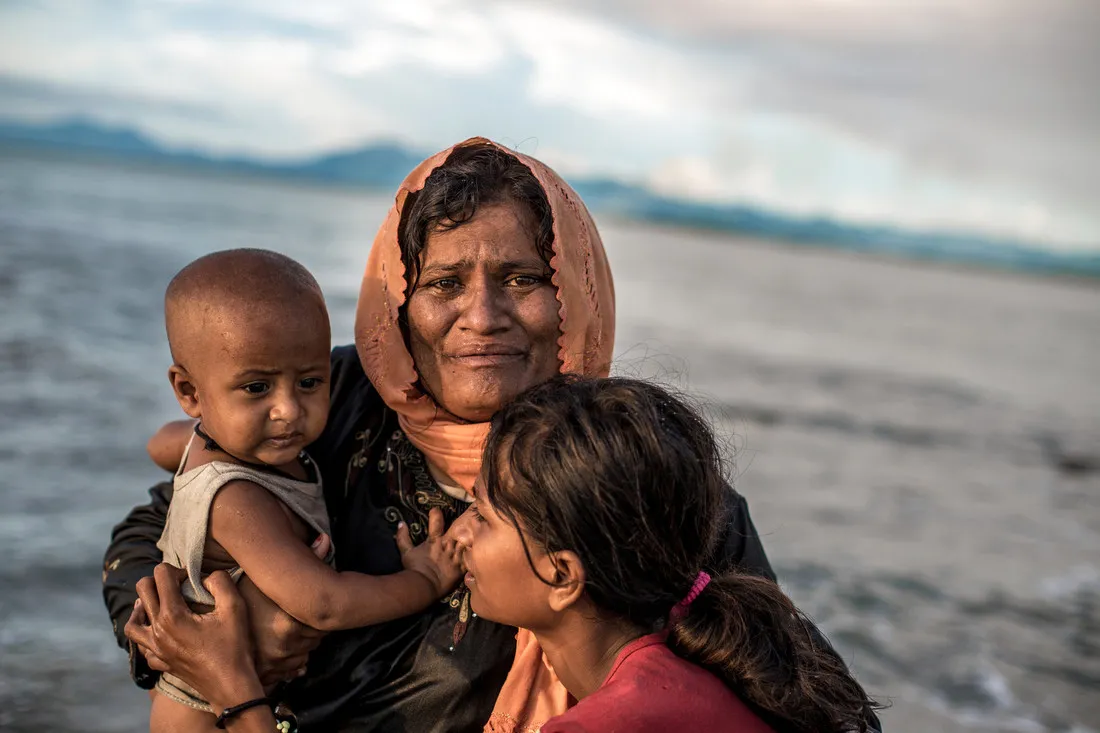
Humanitarian Emergencies
Lifesaving humanitarian assistance allows people around the globe to survive and rebuild after crisis and natural disasters, especially women and girls who often face the most challenges during emergencies. Global response is not keeping pace with needs. In 2024, less than half of the required funding to respond to humanitarian crises was provided by the global community. CARE advocates for the U.S. to be a leader in humanitarian response by supporting strong, needs-based humanitarian assistance that saves lives and builds communities self-reliance to care for themselves.
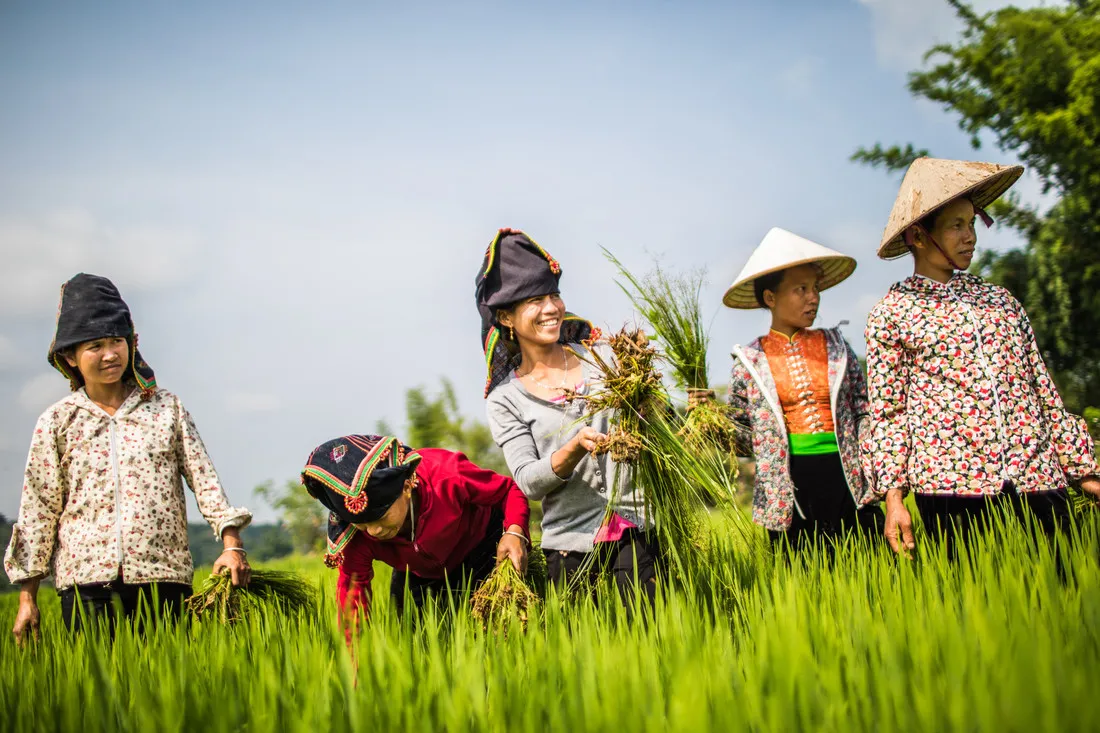
Food & Nutrition
Millions of people around the world lack enough to eat, but with the right resources and support, communities can create solutions that feed more people now and in the future. CARE works alongside local farmers, equipping them with the tools and training they need to grow enough food and improve nutrition in their communities. To address both immediate and long-term hunger, CARE advocates for strong U.S. support of key legislation like the Farm Bill and the Global Food Security Act.
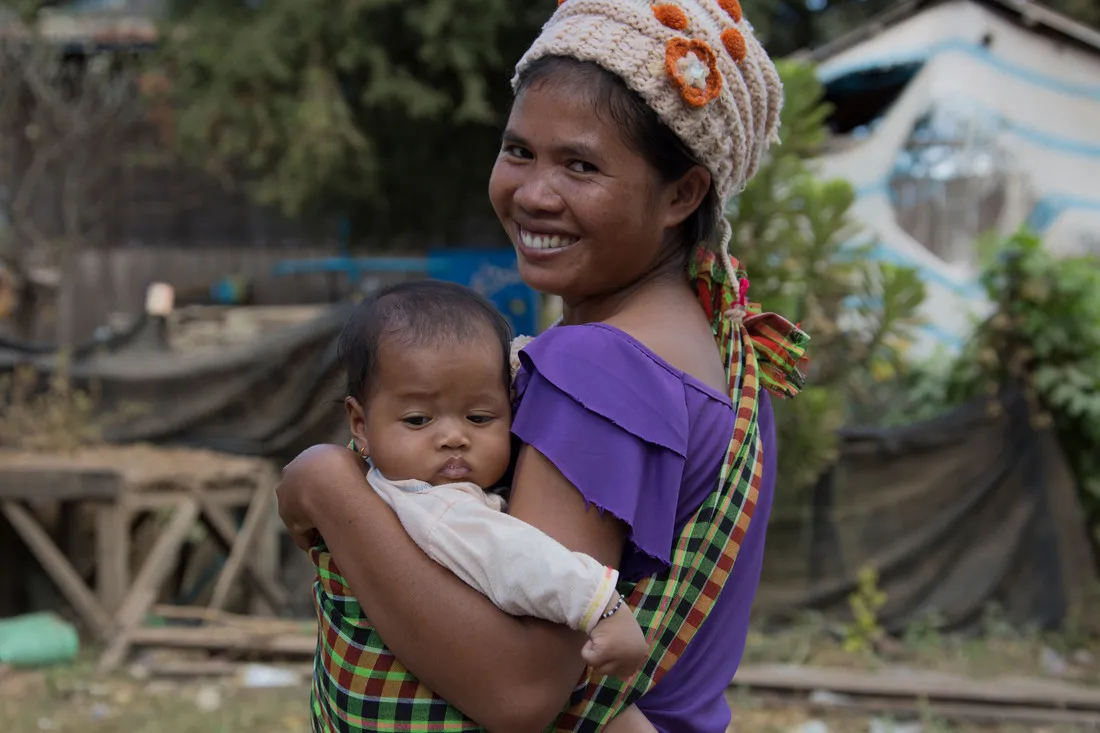
Global Health
Access to reliable, affordable healthcare saves lives. When pregnant women and children cannot rely on health services and medical information close to home, entire communities suffer. CARE advocates with U.S. leaders to strengthen health systems and frontline healthcare workers — nurses, doctors, midwives, and community health workers — who provide life-saving care in some of the world’s most hard-to-reach places. By investing in these critical workers and ensuring communities have access to healthcare, we can prevent the spread of diseases and build a healthier future for all.
